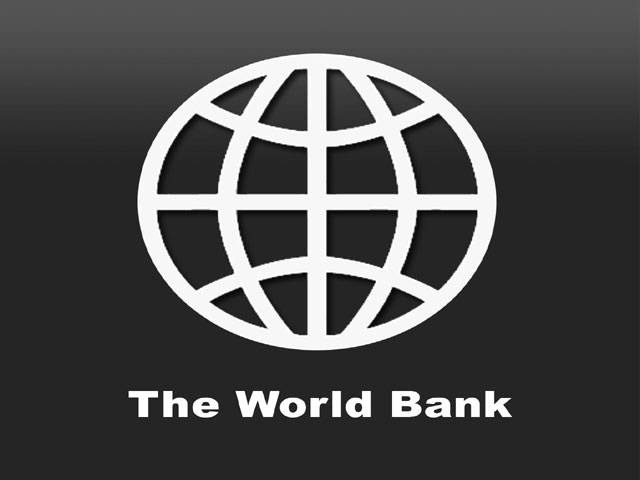ISLAMABAD - The World Bank observed that power shortages has adversely affected the economic and commercial activities in Pakistan, as estimated production loss to the economy is two per cent of the GDP per annum or might be more than that.
The World Bank in its recent report titled “Country Partnership Strategy Progress Report FY 2012-14” has said, “The government has taken some difficult steps such as increasing tariffs by 75 per cent over the past 2 years but there is an urgent need to more deeply transform the power and gas sector”. The report noted that energy investment is critically needed.
According to the report, there are three broad underlying causes for the energy crisis that included limited ability to control costs; generation is heavily dependent on imported oil that is subject to the international market prices while theft and non-payment go unchecked. The other cause of the energy crisis is that there is not enough capacity, particularly base load generation, to meet demand that is growing at 7-8 percent per year. The system is inefficient; for every kilowatt hour (kWh) of demand, 1.3 kWh must be generated. The report further noted that revenues are insufficient to meet expenditures, which has led to a cycle of indebtedness and acute shortages of liquidity within and beyond the power sector.
According to the report, government has well-formulated energy plans in order to address these problems, and is continuing to move forward in the implementation of the Energy Sector Recovery Plan announced in October 2010. It has taken some difficult steps such as increasing tariffs by 75 per cent over the past 2 years but there is an urgent need to more deeply transform the power and gas sector. Specifically, the pipeline of generation projects needs to be strengthened so that the power sector can meet current levels of demand while ensuring that it includes only projects that: (a) are genuinely economic least cost; (b) meet the critical need of base load and summer time peaking; (c) bring generation costs under control and on a sustainable, downward path; and (d) reduce dependence on market-priced imported fuels. Further, there is an urgent need to resolve the long-standing circular debt in a sustainable manner, reduce and better target energy subsidies, and prevent generation falling below technical levels that are required to maintain the system integrity.
By prioritising hydro development, bringing more gas to the power sector, utilising off-grid renewable energy and regional cooperation in the power generation (such as CASA 1000 ) Pakistan can significantly reverse the situation. At present only 15 percent of Pakistan’s estimated 40,000 MW hydro potential has been developed. Analysis also shows that through rehabilitation, it is possible to add 1,000 MW thermal and 800 MW hydropower in the next couple of years. In parallel, the management of power sector requires immediate attention.
Saturday, April 20, 2024
Power outages hit economic activity

5:19 PM | April 19, 2024
Pak economy improving, funds will be provided on request: IMF
9:57 PM | April 19, 2024
Minister advocates for IT growth with public-private collaboration
9:57 PM | April 19, 2024
Judges' letter: IHC seeks suggestions from all judges
9:55 PM | April 19, 2024
Formula 1 returns to China for Round 5
9:05 PM | April 19, 2024
Germany head coach Julian Nagelsmann extends contract till 2026 World Cup
9:00 PM | April 19, 2024
A Tense Neighbourhood
April 19, 2024
Dubai Underwater
April 19, 2024
X Debate Continues
April 19, 2024
Hepatitis Challenge
April 18, 2024
IMF Predictions
April 18, 2024
Kite tragedy
April 19, 2024
Discipline dilemma
April 19, 2024
Urgent plea
April 19, 2024
Justice denied
April 18, 2024
AI dilemmas unveiled
April 18, 2024
ePaper - Nawaiwaqt
Advertisement
Nawaiwaqt Group | Copyright © 2024





